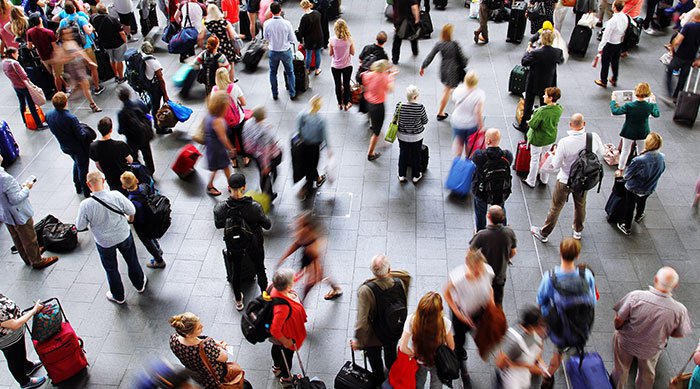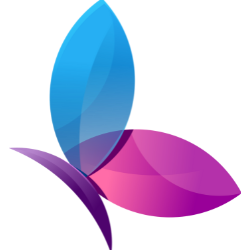Blog
What are synthetic cannabinoids?
Synthetic cannabinoids are a large group of chemical compounds that target your body’s cannabinoid receptors to produce their effects.2 (If you’re unsure what these receptors are – they are cell receptors located throughout your body that impact on things like how hungry you are, pain-sensation, mood, and memory).5
While the technically correct term for these products is ‘synthetic cannabinoid receptor agonists’ (SCRA), for simplicity we use the term ‘synthetic cannabinoids’.
In the media and in everyday conversations you may hear terms like synthetic cannabis or synthetic marijuana used, but these terms are incorrect.4
These drugs are not a synthetic form of cannabis.

Most synthetic cannabinoids attach themselves to the same cannabinoid receptors in the brain as plant-derived cannabis, but they are entirely different drugs.
Synthetic cannabinoids are developed in a lab with a range of chemicals that don’t come from the natural cannabis plant.6 They are then usually sprayed onto a herb or other form of plant matter to give the appearance of cannabis, which is then smoked.4, 6
So, although these substances are promoted as producing similar effects to THC (the psychoactive ingredient in cannabis), they actually share no real similarities.4
Synthetic cannabinoids are much more potent and cause a number of physical and mental side effects not seen with cannabis.4
Due to all these factors, they are considered an entirely separate drug class.4
Synthetic cannabinoids have been traditionally marketed in small packets under different brand names, such as Spice, Kronic, Northern Lights, K2, Kaos.7 However, it can also come in unmarked bags or packets, and can also come in liquid or powder form.8, 9
Use in Australia
- In 2019, 2.6% of Australians aged 14-years and over reported using synthetic cannabinoids at least once in their lifetime.10
- People who had used synthetic cannabinoids in their lifetime doubled between 2013 and 2019 (from 1.3% to 2.6%) – although recent use of the drug dropped from 1.2% to 0.2%.10
- In 2017, 2% of young people aged 12 to17-years had used synthetic cannabinoids in the last 12 months.11
Legal status
Synthetic cannabinoids are not legal in Australia – despite attempts to sell and market them as ‘legal’ alternatives to cannabis.6
In fact, states/territories have continued to change their laws to ensure these products remain illegal.
In 2021 the current laws are:
- In Queensland, New South Wales, South Australia, Western Australia and Victoria there’s a ‘blanket ban’ on selling any substance with a psychoactive effect, other than alcohol, tobacco and food.
- In other jurisdictions, specific NPS substances are banned, and new ones are regularly added to the banned list. This means a drug that was legal to sell today, maybe illegal tomorrow.
- Commonwealth laws also ban any other psychoactive drug that isn’t already banned by existing laws in states and territories.7, 12

